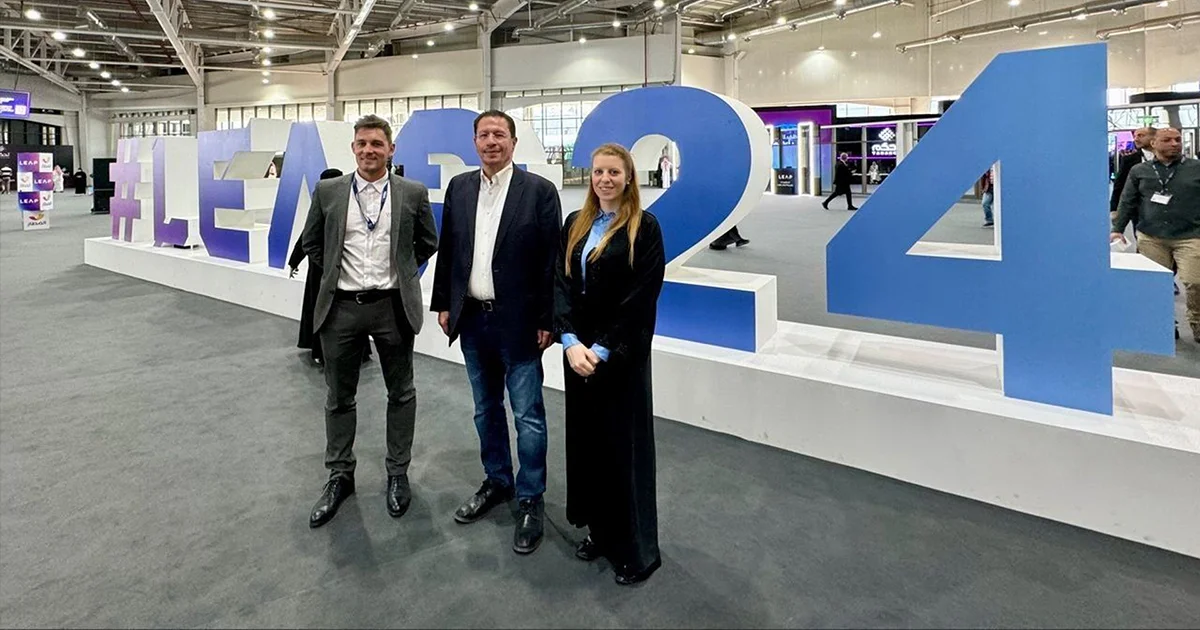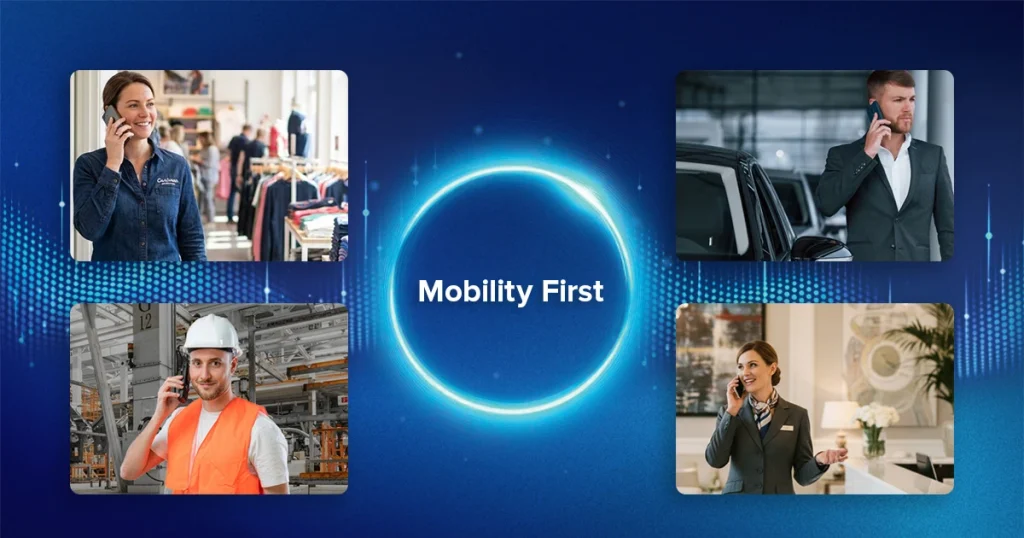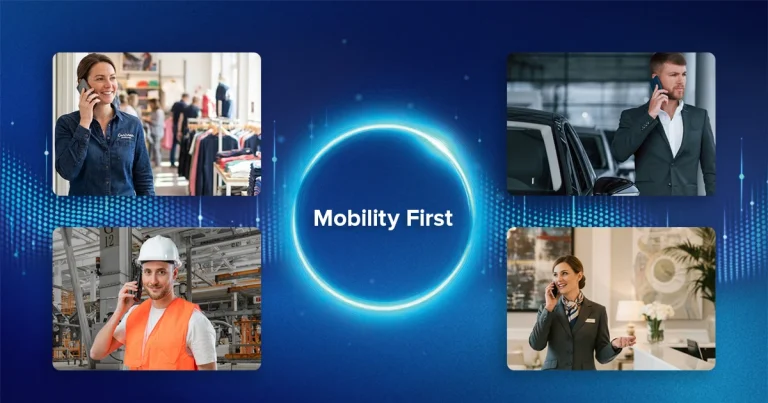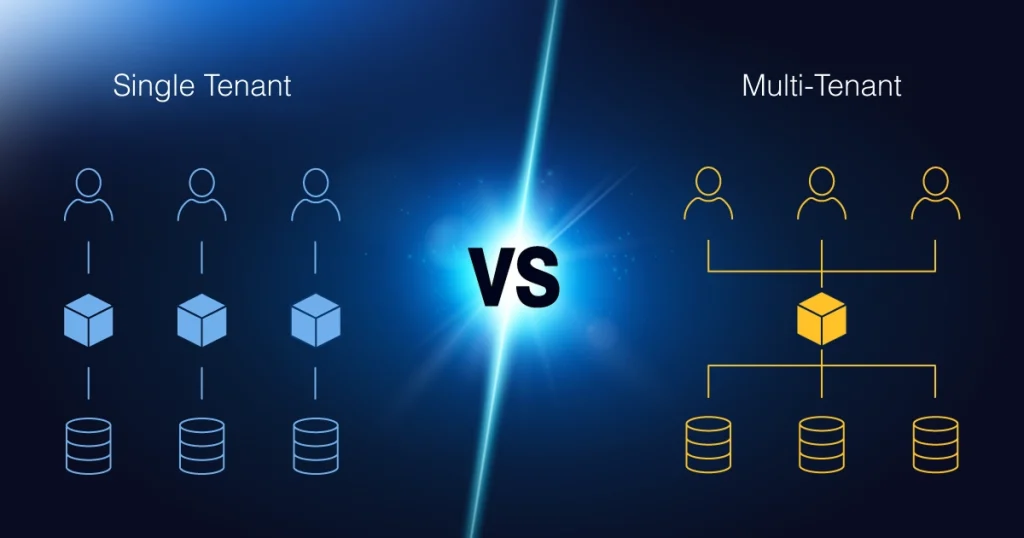
One of the most important regions in the Middle East is the Gulf Cooperation Council, a group of six countries. It incorporates Bahrain, Kuwait, Oman, Qatar, Saudi Arabia and the United Arab Emirates. It consists of the entire Arabian Peninsula, barring Yemen, from the Arabian Gulf to the Red Sea. Many of the cities here are renowned for their impressive architecture, opulence and social and shopping opportunities. Dubai, Muscat, Doha and Riyadh are just some of the major names here.
But beyond the usual tourist draws, there is a growing technological side to each of the countries within the GCC. The business atmosphere was behind major financial centers for many years, and now it requires advanced solutions to common problems if those businesses are to compete on a global scale. And as technology is utilized by the major players, it trickles down to smaller businesses.
So to tie into the announcement that Wildix is celebrating its first major partnership within the GCC region, we thought we would take a look at the area and create a regional profile. We decided to talk to our team on the ground: Samer Sayed, our business consultant in Dubai; Ross Murray, our partner sales executive; and Laura Piaz, our marketing manager in the GCC region.
What Is the Purpose of the GCC?
The six countries in the Gulf Cooperation Council joined together to strengthen ties, create a more even regulatory framework between each other and encourage interconnection. Overall, the countries face similar challenges, and the creation of this council in 1981 encouraged collaboration in terms of finance, military, governance and business. Continuing proposals include a common currency, similar to the Eurozone, along with a single market.
At the moment, The GCC currently has a common market, which means that most goods and services can flow freely between each country. However, tax systems, accounting systems and essential qualifications, as well as some restrictions on goods and services, remain. There’s no open skies policy, for example, so there are some barriers to competition from low-cost flights within the GCC. Citizens of each country within the GCC can move freely between each state and access education, healthcare and social services.
“The market in Saudi Arabia and the other GCC countries is very promising,” says Samer. “With the markets becoming more homogenized across each country, it’s even easier to start a business in one country and rapidly make it work across the other five. That said, you do need a local license for the local regulatory authorities, or you must operate under a local service provider, especially when it comes to voice.”
What’s the State of the Market for UCC MSPs in the GCC?
Numerous companies have launched products within the Gulf Cooperation Council, and there are several major innovation hubs in the region. These include Brinc Baletco in Bahrain and Intel’s Innovation Center in the United Arab Emirates. Indeed, Intel states that 55% of all data is forecast to come from the Internet of Things in 2025, and it seeks to position itself as a major player within the wider Gulf region. Within the UCC market, there’s a lot of competition.
“There’s a huge range of UCC competitors operating in the GCC: Avaya, Cisco, Alcatel, Genesys, Teams, Zoom and various Sangoma products,” said Samer. “But this means that there are major opportunities for those offering a flexible cloud solution that works with the GCC — many of these names just don’t have the same flexibility as the Wildix platform, and they’re not as well positioned. Businesses need to consider that the GCC is a vibrant and highly varied space, with small, medium and large businesses across six different countries — and different businesses need different types of solutions.”
“The big issue,” adds Ross, “is that most UCC in the GCC is based around physical products within the office — on-prem solutions. While it was originally seen as a safer bet, these products are often out of reach for most businesses thanks to their high price point. There are also issues with supplies — it can take months to get equipment from the United States, and no one is really sure why. We have a gap there that Wildix fills very well, giving room for healthy margins and all the feature requirements needed — as well as reliable parts and rapid delivery when needed.”
It’s not only big names directly involved with unified communications that are seeking to make an impact on local businesses. Businesses that supply cloud services are also investing.
“Google Cloud, AWS, Azure and Oracle are all involved with supplying cloud services from within the GCC, with AWS opening up its latest data center in Saudi Arabia,” notes Samer. “This means that data is stored within the region, providing opportunities for cloud services to remain compliant with local regulations on data storage and processing. That provides huge opportunities for numerous businesses, including those that use Wildix.”
Technology isn’t the only thing that drives businesses across the GCC, however. Different countries have different priorities, and this is reflected in what they communicate.
“Despite rapid and often unsustainable development in past years, sustainability is becoming increasingly prioritized, especially in the Emirates,” states Laura. “This is particularly evident in the UAE, where sustainability communication occurs continuously, appearing in events and marketing campaigns. It can be considered a central theme.”
Cultural fit is important, as well. Businesses rely on being able to establish offline relationships, so they don’t often work with people they’ve never physically met, and tradeshows are a big means of establishing relationships. “Many local partners have told us that this is precisely the mistake they see Western companies making,” states Laura. “They come to sell products that work well but they don’t pay enough attention to the relationships.”
What’s the Outlook for UCC MSPs Across the Gulf Region?
Various countries around the GCC now offer incentives for businesses to set up high-demand services. The KSA has the Saudi Vision Realisation Programs, which encourage foreign companies to bring expertise into the area, and the Misk Innovation program encourages home-grown tech talent. Even better, the 5G network is rapidly expanding, and then there’s Neom, the high-tech city planned in the northwest of Saudi Arabia. The UAE offers tech startups a large grant through its Hub71 incentive program and bulk visas for programmers, while Qatar has the Technology Development Grant (among others) to strengthen research and innovation in the country.
For companies that offer unified communications, there are opportunities to grow, especially while supporting businesses that are looking to develop incredible solutions. But these businesses need compliance with local regulations while offering the flexibility they need.
“Most GCC governments now have in place a cloud-first approach, so as long as the data can be locally stored, virtual PBXes and VoIP systems are going to grow fast,” stated Ross. “You still see the traditional players at events in these regions; they, however, often don’t have a Wildix cloud-first approach, so can they keep up the pace?”
And the speed of innovation is accelerating.
“The GCC was behind the pace a few years ago, but they’re catching up at lightning speed,” says Samer. “Each country has a great mindset for business and technology combined, and they’re seeing the advantages of greater cooperation and coordination, whether in business units, from governments or even globally. The pace of change is rapid across the region — especially as oil is not the resource it was once thought to be. Technology, innovation and business have to become the new resources for the area, particularly as the world moves toward a post-fossil-fuel age.”
The future is bright across the globe, and the GCC is no different. Those who make it in the area may find it easier to expand across Jordan, Egypt and other countries — countries with growing technology markets and increasingly international presences. Egypt’s technology market alone was worth $3 billion in 2021.
Yet there are operational challenges to consider for MSPs looking to source a global solution.
“There are different regulations across the GCC, despite the attempts at harmonization,” says Laura. “Many businesses will need a formal presence in each GCC member state to do business, and there are other barriers such as the high customs charges for products sold via a European subsidiary. Finally, talent acquisition is a major barrier for GCC nations, more so than in Europe and the United States. If all of these challenges can be addressed, businesses will do well.”
What’s the Benefit of Wildix For Middle East MSPs?
The underlying value for MSPs is the same globally: the power to have their own customers and to ensure they can utilize their primary resource: their knowledge of their market. The primary philosophy behind Wildix is that vendors cannot take the time to understand end-users, and often, end-users don’t understand what they really need. When vendors go direct, most people in the chain lose out.
“We have a partner-first 100% channel philosophy,” says Ross. “It’s not just in the GCC that local partners do a better job than the vendor directly, it’s global. In the GCC region, the local partner will know the particularities and nuances of the ways of doing business and how to effectively operate. They maintain strong and healthy relationships with their customers and that’s what will win in the UC&C market, particularly going beyond cloud to UC as a core center to efficient business operations.”
Wildix is a win for every MSP in the GCC region.
For more insights, subscribe to receive our magazine for free!







